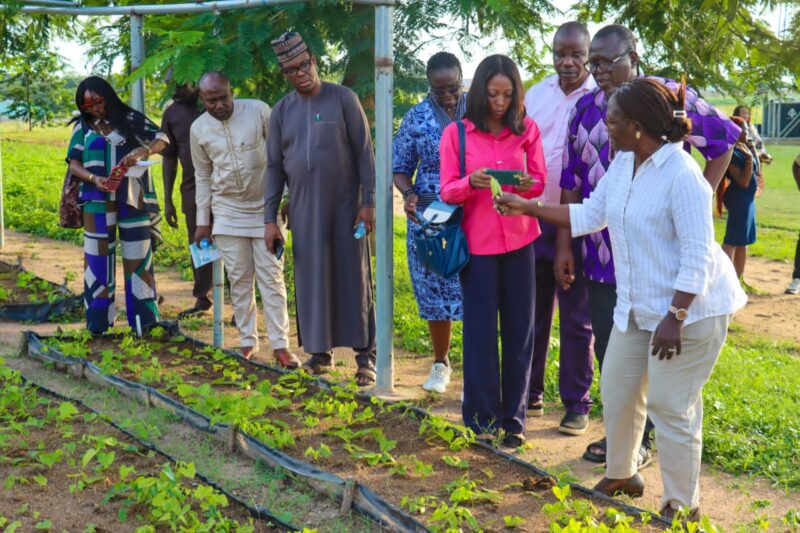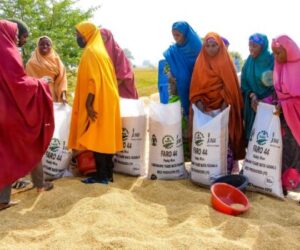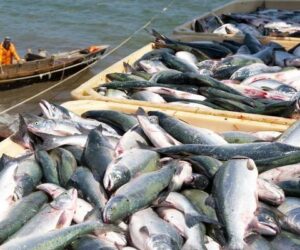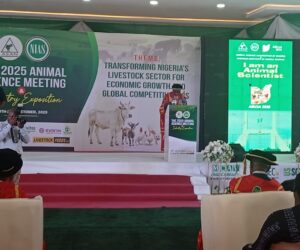By Oluwafunke Ishola (News Agency of Nigeria)
Nigeria’s food security challenges can be effectively addressed by prioritising and adopting the research findings of the International Institute of Tropical Agriculture (IITA).
With over five decades of experience in agricultural research, IITA has developed innovative solutions to improve crop yields, enhance food security, and reduce poverty.
According to data, IITA’s research innovations have lifted no fewer than 7.2 million Africans out of poverty, and its technologies have improved crop yields by up to 90 per cent in some cases.
Dr Beatrice Aighewi, IITA Abuja Station Representative and Seed System Specialist, emphasised that leveraging these technologies could help Nigeria improve the quality of its crops, increase its yield and competitiveness in the global market, and enhance the livelihoods and health of its citizens.
“IITA’s main priority is securing a stable and food-secure future for sub-Saharan Africa. To do this we focus on key research themes that look at staple food crops, including banana and plantain, cassava, cowpea, maize, soybean, and yam.”
Aighewi explained this during a field tour of the Institute by media professionals participating in a training on Nutrition and Food Systems Reporting, organised by the Global Alliance for Improved Nutrition (GAIN) and the Nigeria Health Watch.
Citing data from the Food and Agriculture Organisation (FAO) that indicates Nigeria accounts for 70 per cent of the global yam production, Aighewi, however, noted that yam cultivation is affected by the unavailability of preferred varieties and quality seed tubers, pests and diseases, lack of storage facilities, among others.
Emphasising that the Institute’s research on yam production, focuses on optimising plant architecture, improving cultivation practices, and boosting productivity and profitability while collaborating with stakeholders, including local farmers, agricultural experts, and policymakers.
According to her, IITA’s yam project funded by the Gates Foundation aims to boost research with the end goal of reducing malnutrition, hunger and poverty by improving crop yields, farmers’ livelihoods and enhancing productivity.
The project, she disclosed, used innovative techniques like improved breeding, seed systems, and technologies such as aeroponics and Temporary Immersion Bioreactors (TIBs) to produce high-quality, disease-resistant yam varieties and clean planting material for farmers.
“On average, traditional seeds yield six to eight tonnes per hectare, while planting with improved yam seeds yields about 30 to 40 tonnes per hectare, achieving more than 90 per cent success rates.
“This project is revitalising this essential crop by providing farmers with the tools they need to increase productivity, promoting economic stability and strengthening food security.”
The scientist submitted that the yam value chain strategy demonstrates the level of interest in tapping the unexploited potential of yams and raising its profile as a priority crop in Nigeria which is crucial for food security, economic prosperity, and improved research funding.
According to industry research, the global yam market is estimated at $38.83 million in 2025, and projected to reach $47.47 million by 2030, at a compound annual growth rate (CAGR) of 4.1 per cent during the forecast period.
Yam is a nutritionally rich staple, primarily providing carbohydrates, fibre, and calories. It also contains valuable vitamins like vitamin C and B vitamins, and minerals such as potassium and manganese.
She disclosed that the institute also conducts training on urban agriculture, especially for women and youths to encourage the production of healthy foods that contribute to food and nutrition security.
Similarly, Mr Francis Adunoye, Station’s Farm Manager, highlighted underfunding for agricultural research, inadequate agricultural extension services and low demands for research findings as challenges facing IITA’s operations in Nigeria.
Adunoye appealed to the government to urgently invest in recruiting and training more agricultural extension workers to bridge the gap between research institutes, farmers and industry.
He emphasised that demands should be placed on IITA’s research findings to inform policy and practice in Nigeria’s agricultural sector.
“The institute’s expertise in areas such as climate-resilient agriculture, soil health, and agricultural value chains can help policymakers develop evidence-based policies that support the growth of the sector,” Adunoye said.
Victor Ekeleme, Senior Associate, Communications at GAIN, said the visit was to understand the Institute’s activities and contributions to reducing hunger, poverty and improving livelihoods in Africa, especially Nigeria.
Ekeleme highlighted the critical role of collaboration and knowledge exchange in strengthening Nigeria’s food systems.
He restated that GAIN’s strategy aimed to transform food systems to make healthier diets from sustainable food systems accessible to all people, especially the vulnerable population.
Besides, Ekeleme reaffirmed GAIN and the Nigeria Health Watch’s commitment to equipping media professionals with the necessary knowledge and skills to effectively communicate complex nutrition issues to the public.
The capacity building programme covered a wide range of topics, including nutrition principles, nutrition and food systems in Nigeria, countering misinformation and fact-checking, and solutions journalism on food systems, among others.
Participants learned from experts in the food and nutrition field and engaged in discussions on how to effectively report on nutrition issues in a way that resonates with diverse audiences.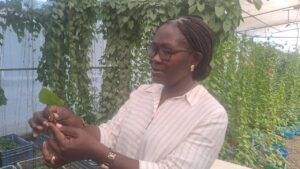
The programme also provided participants with the opportunity to develop their storytelling skills, creating engaging content that highlights the importance of nutrition and food systems in Nigeria. (NANFeatures)
*****If used, please credit the writer and the News Agency of Nigeria.

